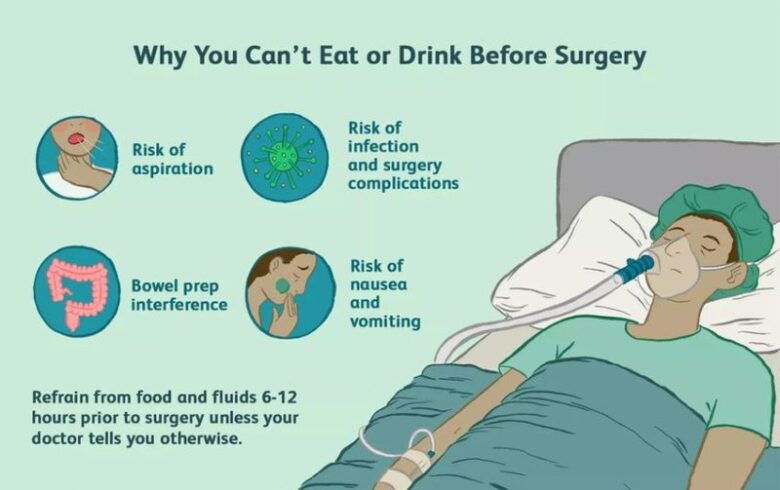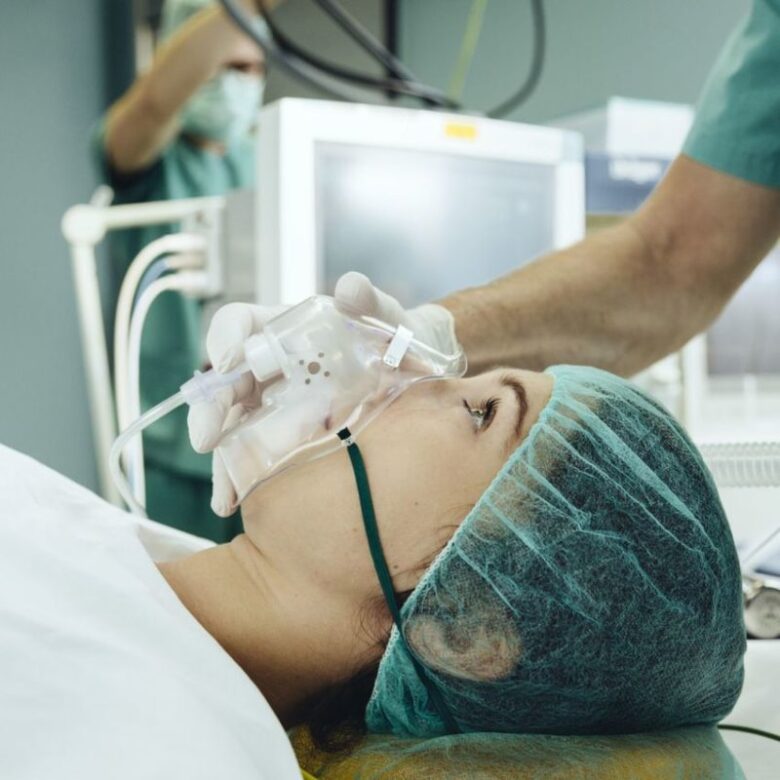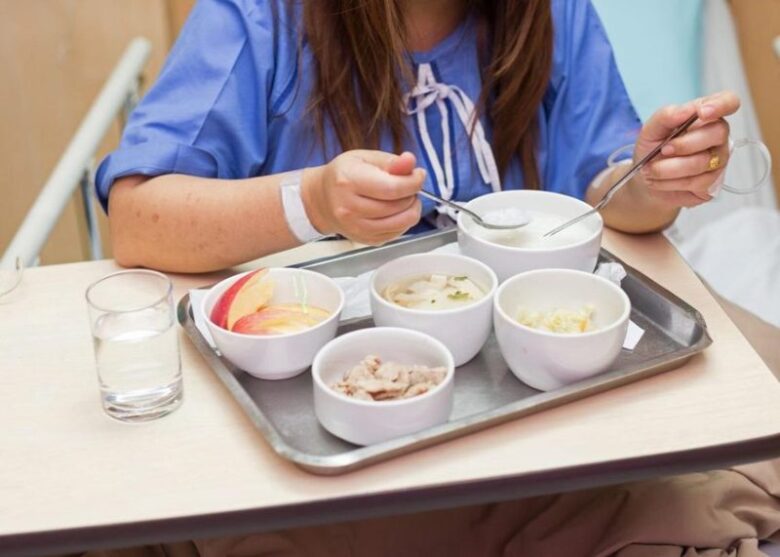If you’ve ever undergone surgery or any type of procedure that required anesthetic, you were more than likely told that you can’t eat or drink after midnight the night before your procedure.
This has been the general rule for many years now and it was created as a safety precaution to ensure that patients weren’t at risk of choking during their procedures. This common rule is something that all surgeons talk to their patients about, regardless of the procedure that’s being performed, the health of the patient or the time the procedure is taking place.

Experts are starting to question this well-known rule, with many of today’s surgeons no longer completely banning food and liquids before a procedure. However, clear liquids are encouraged two hours before surgery.
A Closer Look at How Anesthesia Works
Anesthetic consists of several different types of medications that are used to numb a part of the body or render a patient unconscious until the surgery has been completed.
Prior to your surgery, a qualified anesthesiologist will administer a combination of medications in a very specific quantity that is designed to keep you sedated for the duration of your procedure. Since anesthetic has the potential to affect your breathing, patients often need to be intubated during surgery, which is where the no-eating rule comes into play.
The thinking is that if there are solid foods or liquids present in your stomach while you are intubated, they could accidentally be inhaled and affect your ability to breathe.
This idea was confirmed in the 1950s when a woman who was giving birth died because the contents of her stomach were ingested into her lungs.
The Rise of the NPO Policy

It was this incident that lead surgeons such as Dr Peter Laniewski to apply the ‘NPO after Midnight’ policy to all patient procedures for many years. NPO is a Latin phrase which means ‘nothing by mouth’ and it ensures that all patients are entering their procedures with empty stomachs.
While the NPO policy has been the standard for many years, the reality is that it is based on outdated surgical methods where a patient’s lungs were not protected.
Modern procedures use endotracheal tubes that prevent choking and allow a patient to breathe throughout their surgical procedure.
Why Fasting is No Longer Beneficial
Many anesthesiologists are changing their policies on fasting before surgery because modern research shows that allowing patients to drink clear liquids for up to two hours before their procedure does not increase their risk of complications such as choking. In fact, it actually reduces the risk of complications associated with surgery.
Patients who are given the green light to drink clear fluids tend to feel less anxious about their procedure and don’t require as much IV fluids. They also have a steady metabolic rate and recover much faster because their blood sugar is stable.
A New Approach to Anesthesia

While many surgeons and anesthesiologists are on board with this new approach, it’s still gaining momentum very slowly.
It’s still important to follow your pre-surgery instructions very carefully because there is always a chance that there may be other factors that need to be considered in your specific case.
If you are still able to consume clear liquids for up to two hours before your procedure, this will include water, juice, sports drinks and coffee and tea without milk. Milk is off the list because it takes longer to digest than other fluids.
The medical landscape is always changing and medical professionals are always doing everything possible to ensure your safety and comfort.


